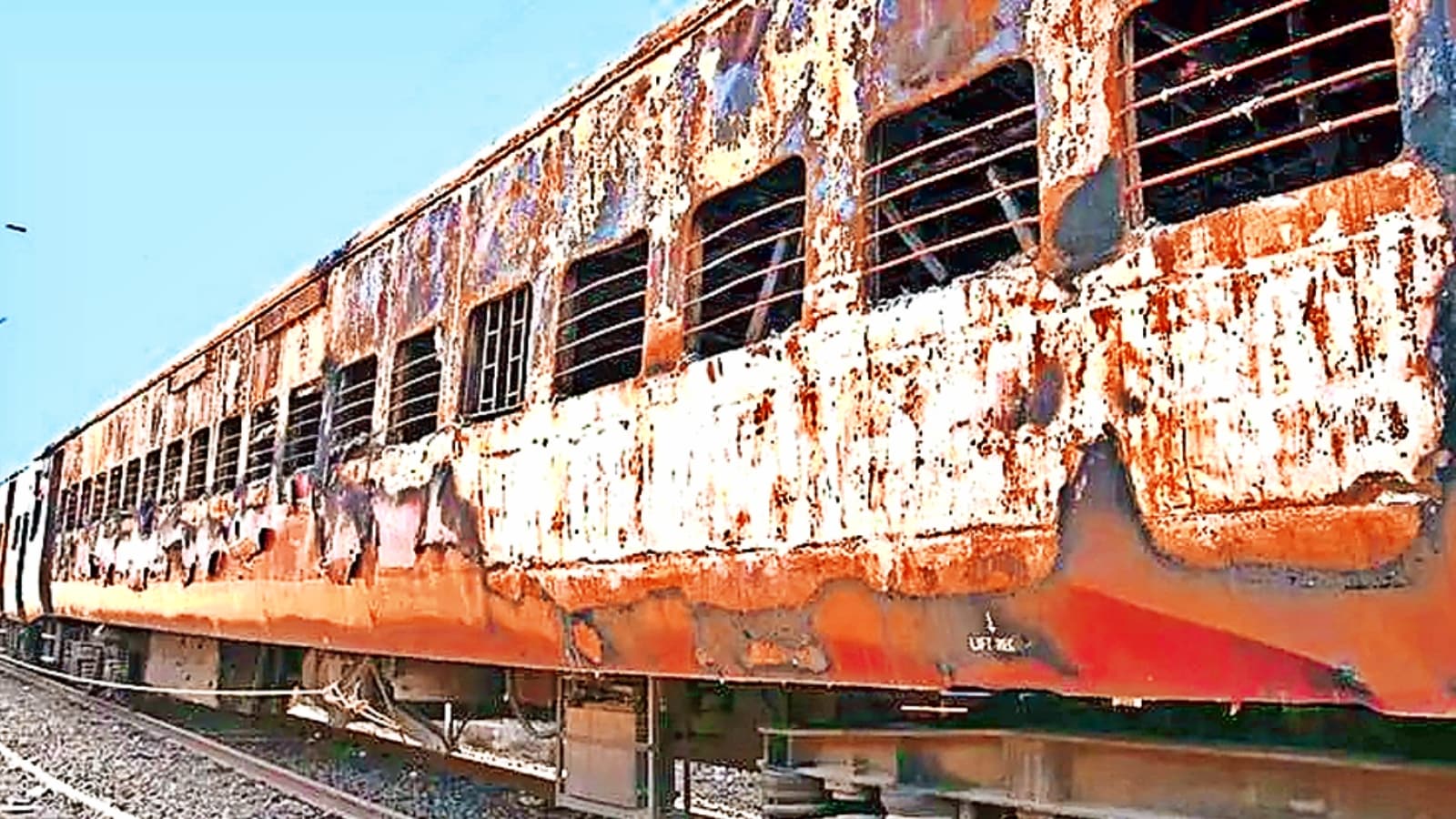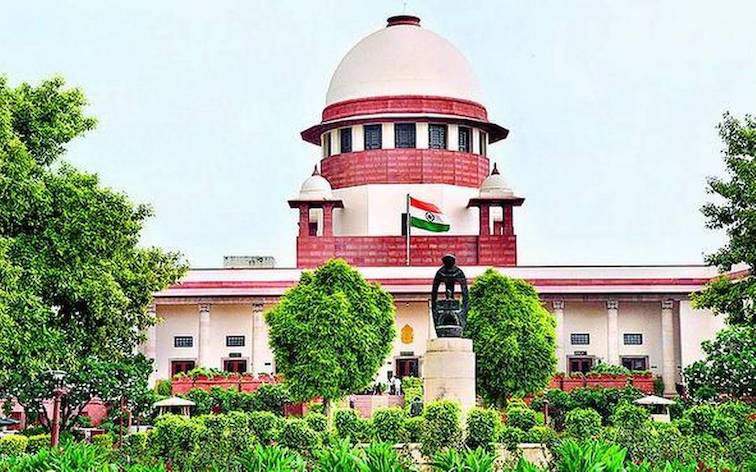The Supreme Court of India has announced that it will begin the final hearing on the appeals related to the Godhra case on May 6 and 7, 2025. Fifty-nine people, including 27 women and 10 children, were burned to death, while 48 others were injured in the incident. The ground breaking hearing involves appeals filed by the Gujarat state government and several individuals convicted in connection to the case.
Bench Directs Submission of Detailed Compilations
The Supreme Court bench comprising Justices JK Maheshwari and Rajesh Bindal will hear the case. The justices have also instructed senior advocate Sanjay Hegde, representing one of the convicts, to submit a revised compilation of his arguments by May 3, 2025.
According to the bench, this compilation should include specific details on the charges against the convict. Furthermore, the findings of the lower courts, and his legal arguments supported by relevant evidence should also be added in the compilation. “Heading-wise details on charges against the convict, the findings of the courts below and his arguments supported by materials on record to counter them”, Reports.
Furthermore, the apex court has also directed counsel for other convicts and the Gujarat government, which has filed a counter-appeal, to submit similar revised preliminary compilations outlining their respective positions.
Two Days Allocated for Initial Hearing
Justice Maheshwari stated in the court order that the hearing of this complex matter is expected to take at least two weeks. As an initial step, the court will dedicate the entirety of May 6 and 7 to this case. Justice Maheshwari further clarified that no other matters will be taken up on these dates unless specifically directed by the court. The bench has also instructed the registry to seek necessary orders from the Chief Justice of India to ensure the uninterrupted hearing.
“Hearing of this matter would require at least two weeks. First, we will take it up on May 6 and 7 for the whole day and no other cases will be taken on these dates unless specifically asked by this court,” Justice Maheshwari said in the order.
The Godhra train burning incident
The Godhra train burning occurred on the morning of 27 February 2002. Over 59 Hindu pilgrims and karsevaks returning from Ayodhya were killed in a fire inside the Sabarmati Express near the Godhra railway station in Gujarat, India.The coach (S-6) of the Sabarmati Express caught fire. Meanwhile, the cause of the fire remains disputed.



